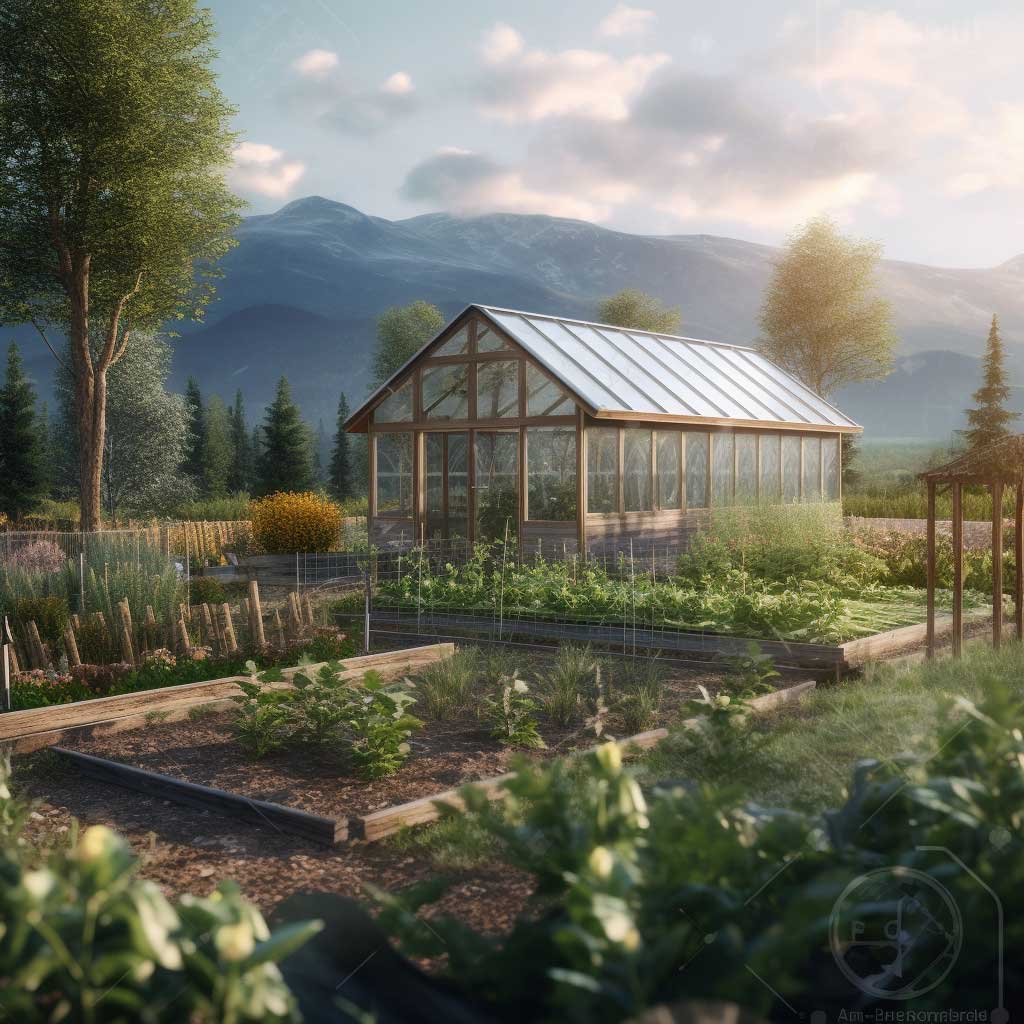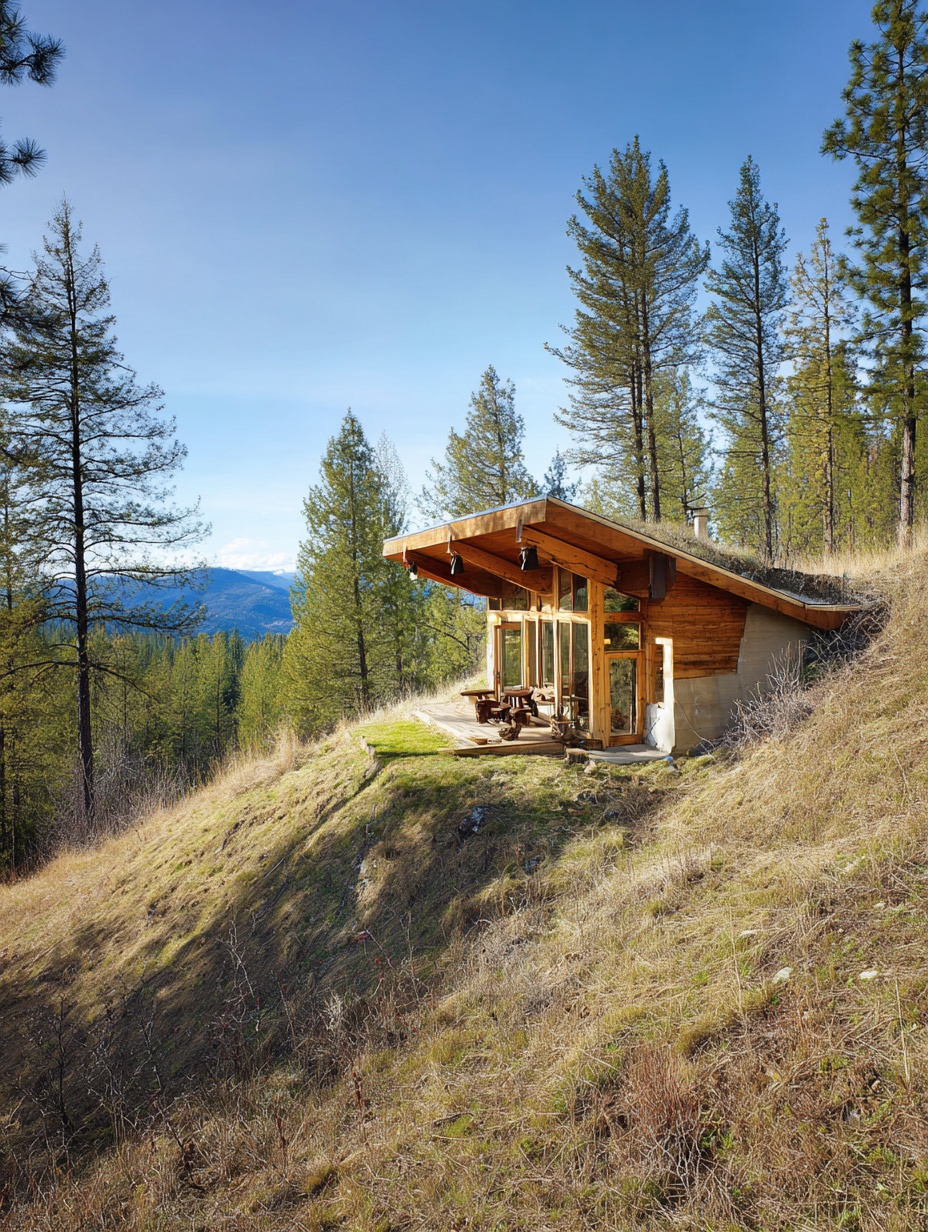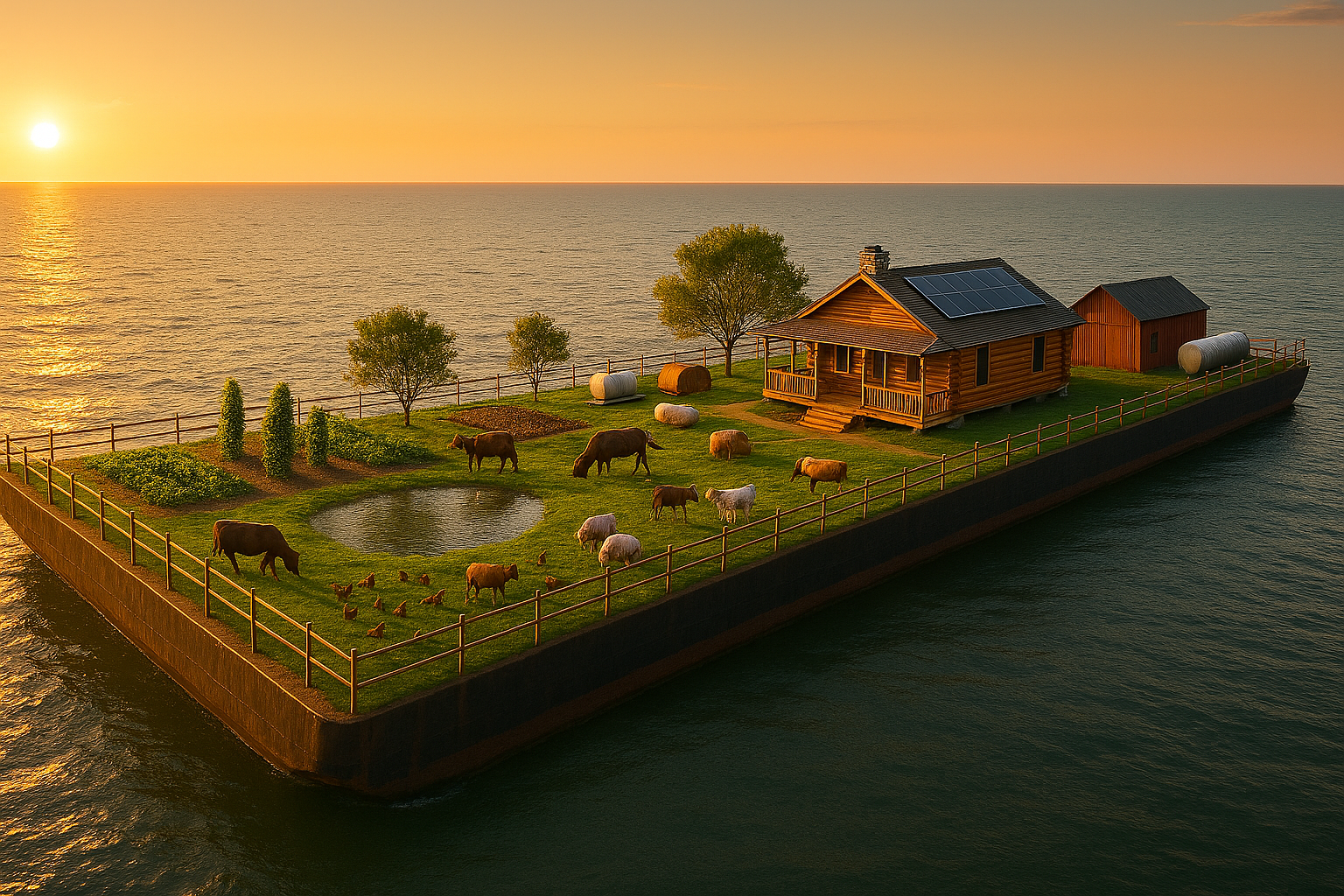Choosing the right land for off-grid living is a crucial step towards achieving a self-sufficient and sustainable lifestyle. Whether you dream of living off the land, embracing renewable energy, or disconnecting from modern infrastructure, finding suitable land requires careful consideration. In this in-depth article, we will explore the key factors to consider when searching for land for off-grid living and provide valuable insights to help you make an informed decision.
Define Your Off-Grid Lifestyle:
Take the time to clearly define your off-grid living goals and priorities. Determine whether you want to focus on self-sufficiency in food production, renewable energy generation, or reliance on natural water sources. Consider aspects such as the size of the land required for your desired lifestyle, the level of isolation you seek, and the specific activities you wish to engage in.
Consider Location and Accessibility:
Evaluate potential locations based on their proximity to essential amenities, such as hospitals, grocery stores, schools, and other services you may require. Balance the desire for seclusion and privacy with the need for convenience and accessibility. Consider factors such as road conditions, distance to emergency services, and the feasibility of accessing the property during different seasons.
Assess Natural Resources:
Identify the availability and quality of natural resources on the land. Evaluate the presence of water sources, such as rivers, lakes, wells, or the potential for rainwater collection. Assess the quantity and quality of water available to ensure it meets your long-term needs. Consider the suitability of the land for agriculture, including soil quality, drainage, and exposure to sunlight for optimal crop growth.
Renewable Energy Potential:
Off-grid living often relies on renewable energy sources. Assess the land’s potential for harnessing solar power, wind energy, or hydropower. Consider factors such as the amount of sunlight received, prevailing wind patterns, or proximity to running water sources. Determine if the land has sufficient space for installing solar panels, wind turbines, or micro-hydropower systems.
Legal Considerations:
Research and understand local zoning and building codes, as well as any specific regulations related to off-grid living. Familiarize yourself with any restrictions, permits, or building requirements that may be applicable to the land. Investigate conservation easements, land use restrictions, or environmental regulations that may impact your plans. Consult with local authorities or seek legal advice to ensure compliance.
Connectivity and Communication:
Assess the options for communication and connectivity in remote areas. Evaluate cellular coverage, internet availability, and the feasibility of establishing reliable connections. While off-grid living often involves a desire to disconnect from certain services, having some form of communication can be crucial for emergencies and maintaining connectivity with the outside world.
Environmental Factors:
Consider the environmental factors that may affect the land. Evaluate its susceptibility to natural disasters, such as floods, wildfires, or extreme weather events. Research historical data and climate change projections to assess the impact of rising temperatures or changes in precipitation patterns. Understanding these factors will help you prepare and plan accordingly, ensuring your safety and the long-term viability of your off-grid living.
Cost and Financial Considerations:
Evaluate the financial aspects associated with purchasing and developing off-grid land. Consider the initial purchase price, ongoing property taxes, and any additional expenses for infrastructure development. Assess the costs of installing wells, septic systems, renewable energy systems, and other necessary infrastructure. Create a realistic budget and consider the long-term financial implications of off-grid living.
Community and Support:
Explore the presence of like-minded individuals or off-grid communities in the area. Engage with local groups, forums, or networks that embrace sustainable living and off-grid practices. Building a supportive community can provide valuable resources, knowledge sharing, and a sense of belonging. Consider the availability of nearby towns or communities that may offer additional support and opportunities for collaboration.
Take Your Time and Seek Professional Advice:
Finding the perfect land for off-grid living is a significant decision. Take your time to thoroughly research and visit potential properties. Engage with real estate agents, land surveyors, or sustainability experts who can provide valuable insights and assist you in making an informed choice. Seek professional advice when necessary, especially when it comes to legal considerations, environmental assessments, and infrastructure development.
Finding the ideal land for off-grid living requires careful consideration of various factors. By defining your off-grid lifestyle, considering location and accessibility, assessing natural resources, evaluating renewable energy potential, understanding legal requirements, assessing environmental factors, managing costs, fostering community support, and seeking professional advice, you can make an informed decision that aligns with your off-grid living goals. Take the time to find the land that suits your vision and empowers you to lead a sustainable and self-sufficient life.





